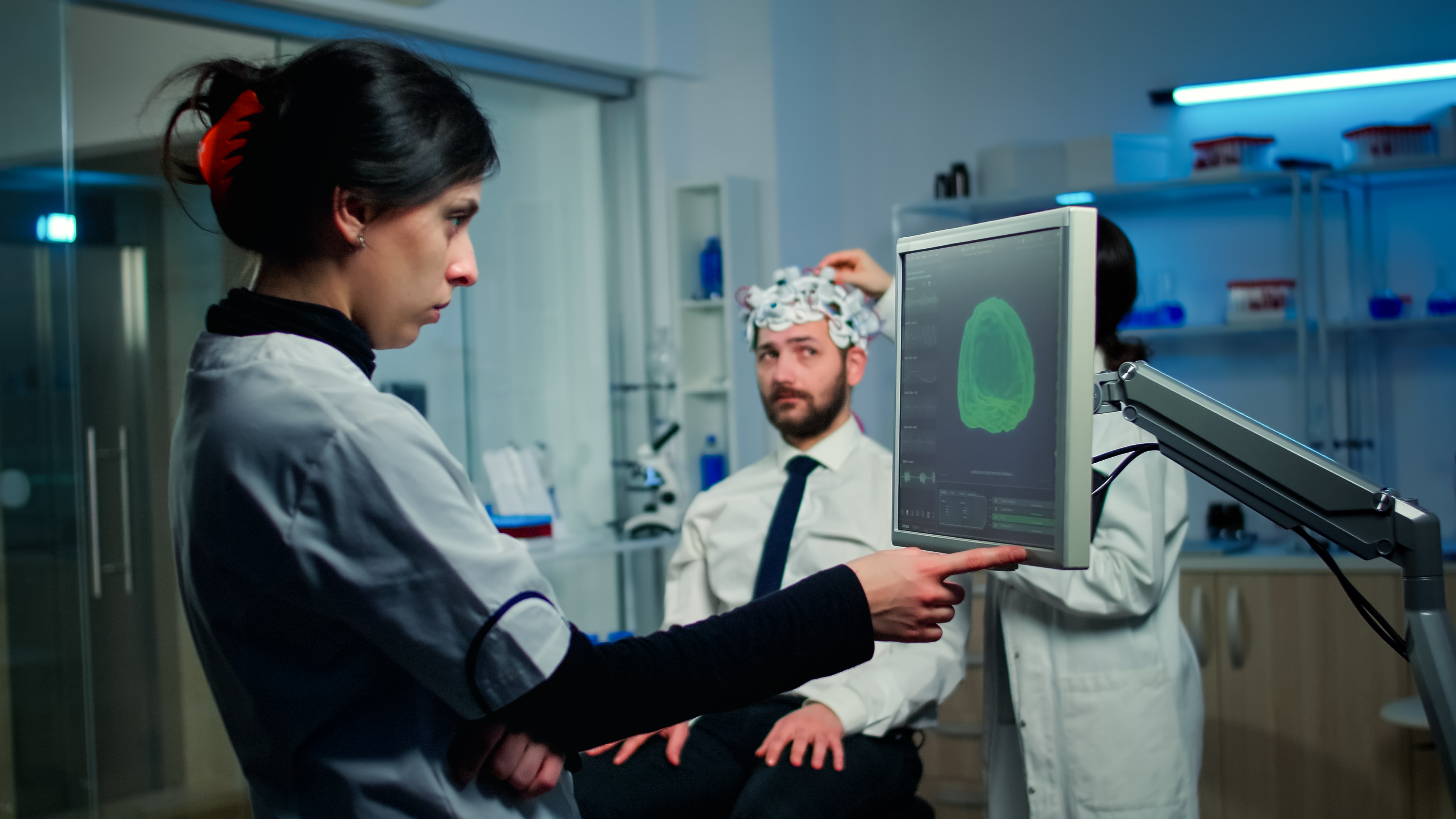How AI is Transforming Healthcare in Rural India: A Closer Look

Artificial intelligence (AI) has been a disruptive force in a number of industries in recent years, including healthcare. AI is ushering in a new era of medical services that promise to improve patient outcomes and expedite healthcare delivery in rural India, where access to high-quality healthcare is still a major obstacle. This blog explores the ways artificial intelligence (AI) is changing healthcare in rural India, emphasizing both the benefits and future concerns.
The lack of qualified medical personnel is one of the most urgent problems facing rural healthcare. Due to unequal doctor-to-patient ratios, many communities must travel great distances in order to receive basic medical care. By providing telemedicine services that let patients consult with doctors from a distance, artificial intelligence is filling this gap. Healthcare professionals can evaluate patient data and make precise diagnoses without in-person consultations by using AI algorithms. In addition to saving time and money, this enables medical practitioners to reach underprivileged groups.
Another revolutionary development in rural healthcare is the use of AI in diagnosis. Today, sophisticated machine learning algorithms can accurately assess lab findings, patient histories, and medical photographs. AI-powered solutions, for example, can identify conditions like diabetic retinopathy or tuberculosis early on, which is important in rural areas with limited access to diagnostic facilities. AI contributes to better treatment outcomes and less overall strain on healthcare systems by facilitating early identification.
AI is also making it easier to create individualized treatment programs that are specific to the requirements of rural communities. Artificial intelligence (AI) systems can find trends and risk factors unique to particular groups by evaluating enormous volumes of health data. Then, using this data, tailored healthcare plans that take into account the particular difficulties faced by rural populations can be developed. AI, for instance, can assist in forecasting seasonal illnesses or epidemics, enabling medical professionals to adequately plan and react.
AI's contribution to health education and awareness is another noteworthy aspect of rural healthcare. Basic information regarding health issues and preventive strategies is lacking in many rural communities. Virtual health assistants and AI-powered chatbots can offer trustworthy health information in regional languages, facilitating people's comprehension of common health issues and the value of preventive care. This democratization of information encourages a wellness culture in communities and gives people the power to take control of their health.
AI is also having a significant impact on data management. Accurate patient records and effective health information management are frequent challenges for rural healthcare providers. AI can improve data accuracy, expedite record-keeping procedures, and automate data entry. This guarantees that vital patient data is easily accessible for well-informed decision-making, while also lessening the administrative strain on medical staff.
The use of AI in rural healthcare is not without its difficulties, despite its many benefits. The absence of infrastructure, such as dependable internet access and digital device availability, is one of the main obstacles. Significant technological obstacles still exist in many rural locations, which may make it more difficult to apply AI solutions successfully. Healthcare workers must also receive training in order to efficiently use AI systems. The potential of AI to revolutionize healthcare can go unrealized in the absence of adequate training.
In addition, there are ethical issues with data security and privacy. Sensitive patient data is gathered and analyzed as part of the application of AI in healthcare, which raises questions concerning its storage and usage. Building confidence between patients and healthcare providers requires implementing strong data protection procedures.
In conclusion, AI is unquestionably revolutionizing healthcare in rural India by providing creative answers to persistent problems. The potential advantages are numerous and range from boosting access to medical care to improving diagnostics. However, stakeholders—including governmental organizations, healthcare providers, and tech companies—must work together to remove the current obstacles if AI is to genuinely transform rural healthcare. We can fully utilize AI to create a healthy future for India's rural populations by making investments in ethical standards, infrastructure, and training.



